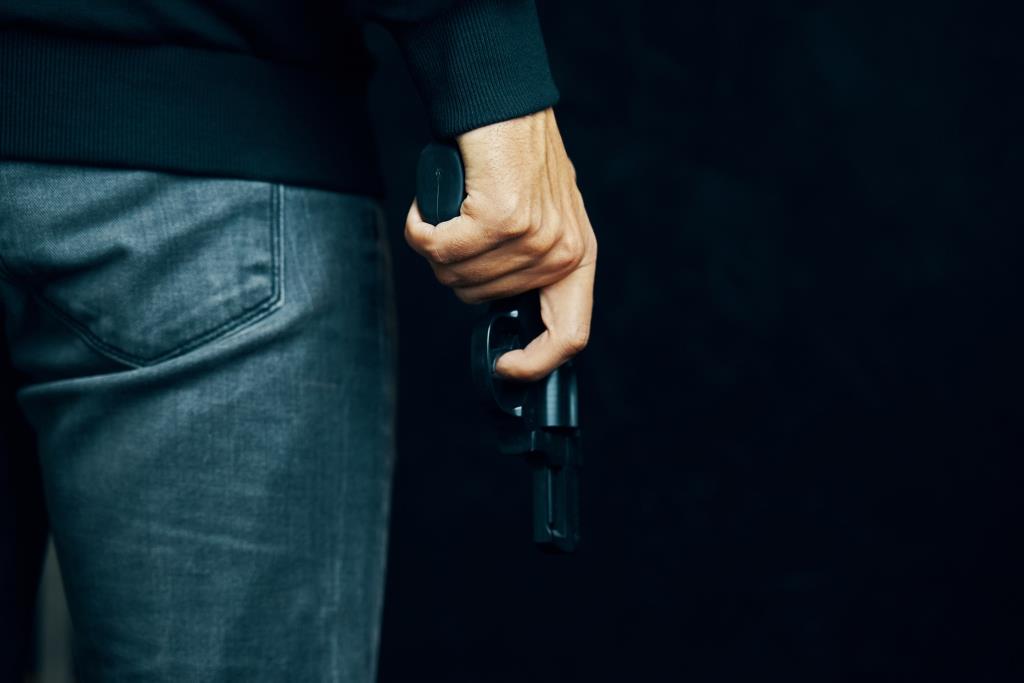You’ve been involved in an officer involved shooting or use of force event. As part of your duties, you prepare a report documenting your involvement in the incident. It’s near the end of your shift and you’re confident that you remember the specifics and the details about the incident. So you don’t take the time to review any of the video available.
Later, you’re called into court to testify about the incident. When you testify, the defense counsel brings to light the fact that your statement and your report don’t match. Can you find yourself in trouble in this circumstance? Absolutely.
I’m Muna Busailah, managing partner in the police defense law firm of Stone Busailah, and for over 25 years, I’ve represented officers in situations just like the one I described. Officers involved in critical incidents fail to review their videos, and then write reports or testify based only on their memory and find themselves in a world of trouble.
Your report versus your testimony
When you write the report shortly after the incident, the report is going to be presumed to be your best recollection. Your testimony months or even years later with a more detailed account now that you finally reviewed their videos will be suspicious and will likely lead to a question of whether you were lying then or whether you are lying now.
Always review the video
Don’t find yourself in a situation where your report would have been more complete and your account more credible had you reviewed the video before you wrote the report. Video can be in the form of your body-worn video attached to your chest, a video in your car, a dash camera video, a surveillance video and even ring videos if they’re available.
If you don’t wear a body-worn camera, always ask if other video evidence is available to review to refresh your recollection before you write your report. If video evidence exists but you aren’t able to review it, document that fact in your report.
Body-worn video issues
Body-worn video mounted on the chest may not have captured what you saw when your head was turned in another direction, but at least if you’ve reviewed your video before you wrote your report, you can document and clear up any inconsistencies before you’re administratively investigated for them or charged with a crime.
Protect yourself and all that matters to you by reviewing your video before writing your report. For further tips and things to remember when you’re in the investigate process, please review our free guide, and stay safe.

